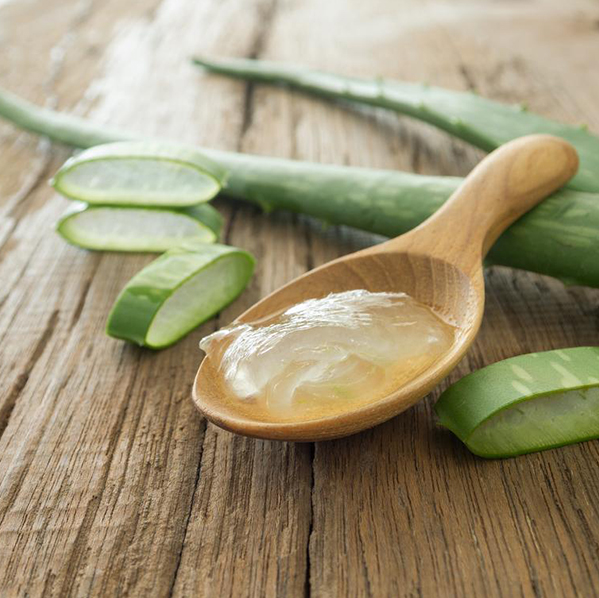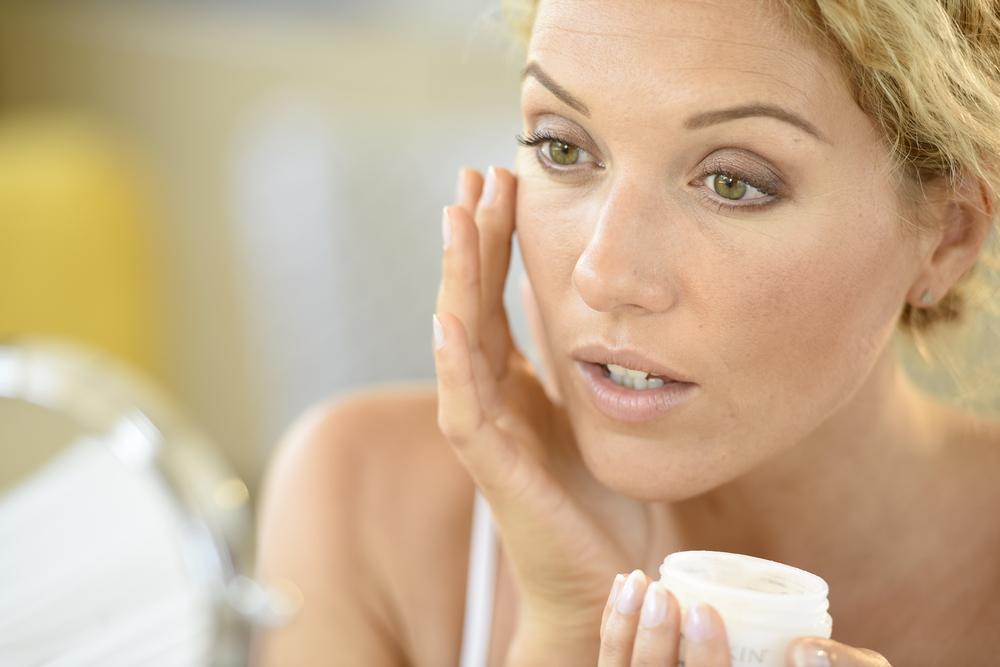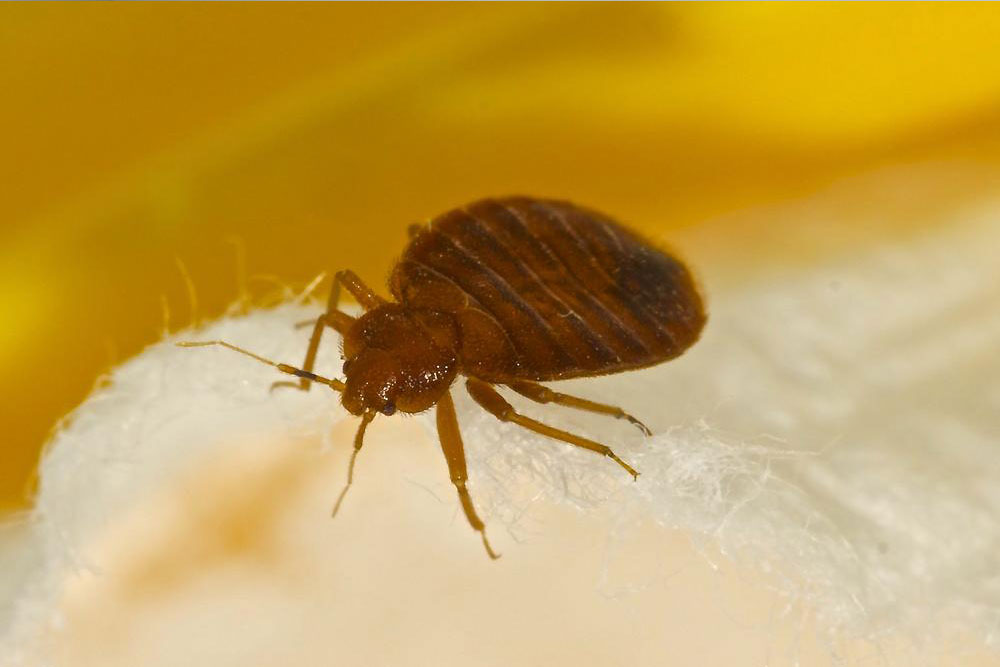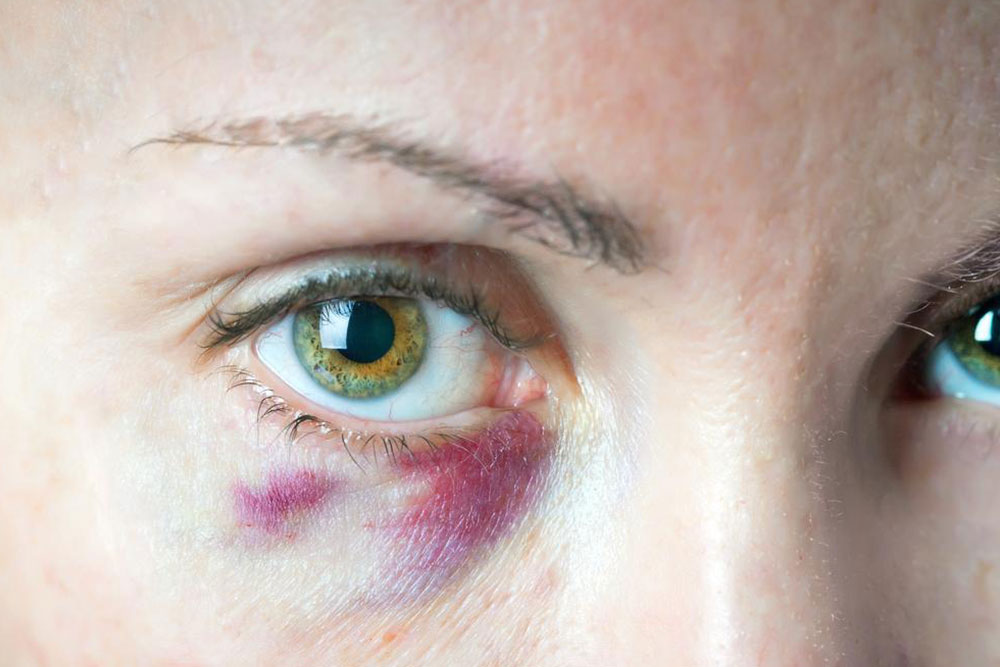Effective Natural Remedies to Soothe Poison Ivy Skin Reactions and Promote Healing
Learn about effective natural remedies to relieve poison ivy skin reactions. From Urushiol removal to soothing treatments like jewelweed, aloe vera, and oatmeal masks, discover methods to reduce itching, swelling, and promote quick skin recovery. These natural options are safe, accessible, and proven to alleviate discomfort caused by poison ivy exposure, empowering you to handle skin irritation effectively and naturally.
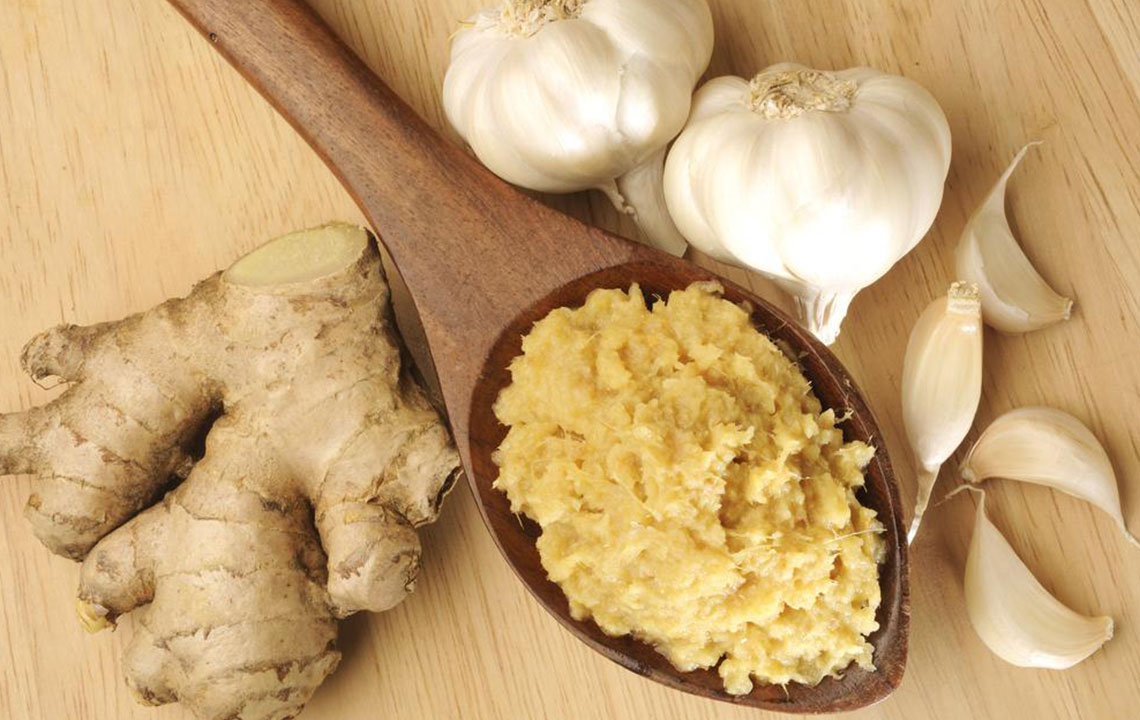
Effective Natural Remedies to Soothe Poison Ivy Skin Reactions and Promote Healing
Discovering a poison ivy rash can be both uncomfortable and frustrating. Poison ivy, a common outdoor plant recognized by its characteristic three-leaf cluster, can cause severe skin irritation upon contact. The plant secretes a sticky, oily resin known as Urushiol, which if transferred to the skin, triggers redness, intense itching, blisters, and swelling. Fortunately, nature provides numerous safe and effective remedies to alleviate these symptoms, helping your skin recover more comfortably and quickly.
Understanding how to manage poison ivy reactions involves both immediate actions and long-term remedies. One of the most practical initial steps is the thorough removal of Urushiol from the skin. Washing the affected area immediately with cold water and gentle dish soap can significantly reduce the severity of the reaction. This step is crucial because Urushiol is potent and can bind to skin cells within minutes of contact, so prompt cleansing can prevent many symptoms from developing fully.
Beyond initial cleansing, several natural treatments have been proven effective in soothing irritated skin and diminishing inflammation. For decades, remedies like baking soda baths or topical pastes are used to neutralize skin irritation, providing a soothing effect that eases inflammation and itching. Similarly, oatmeal-based masks or baths are widely recognized not only for their soothing properties but also for their ability to create a protective barrier on the skin, promoting faster healing.
Jewelweed, a plant native to North America, contains compounds that can neutralize Urushiol and soothe skin irritation. Extracted juice from jewelweed stems applied directly to the rash can provide rapid relief from itching and swelling. Apple cider vinegar is another natural remedy with antiseptic properties, helping prevent infection and reduce inflammation when applied carefully to affected areas.
Other natural options include lemon with honey, which combines the antibacterial properties of honey and the astringent qualities of lemon to help reduce symptoms and promote healing. Aloe vera gel, renowned for its soothing and anti-inflammatory effects, can alleviate pain and moisturize dry, irritated skin. Goldenseal, a herb with antimicrobial properties, can be used topically to aid skin regeneration and prevent secondary infections.
Integrating these natural remedies into your skincare routine can dramatically improve comfort levels during a poison ivy reaction. Following proper skin cleansing, applying soothing agents, and implementing preventive measures can reduce the severity and duration of symptoms, leading to faster recovery. Furthermore, adopting protective strategies, such as wearing gloves and long sleeves when outdoors, can help prevent future encounters with poison ivy. Being knowledgeable about these natural remedies empowers you to handle poison ivy exposure confidently and safely.
In conclusion, while poison ivy’s oil can cause uncomfortable skin reactions, numerous natural remedies exist that offer quick relief and support healing. By understanding which remedies work best for your skin type and applying them promptly, you can minimize discomfort, prevent secondary infections, and regain healthy skin swiftly. Always consult a healthcare professional for severe or persistent reactions, but rest assured that nature provides many effective options to help manage poison ivy dermatitis.

